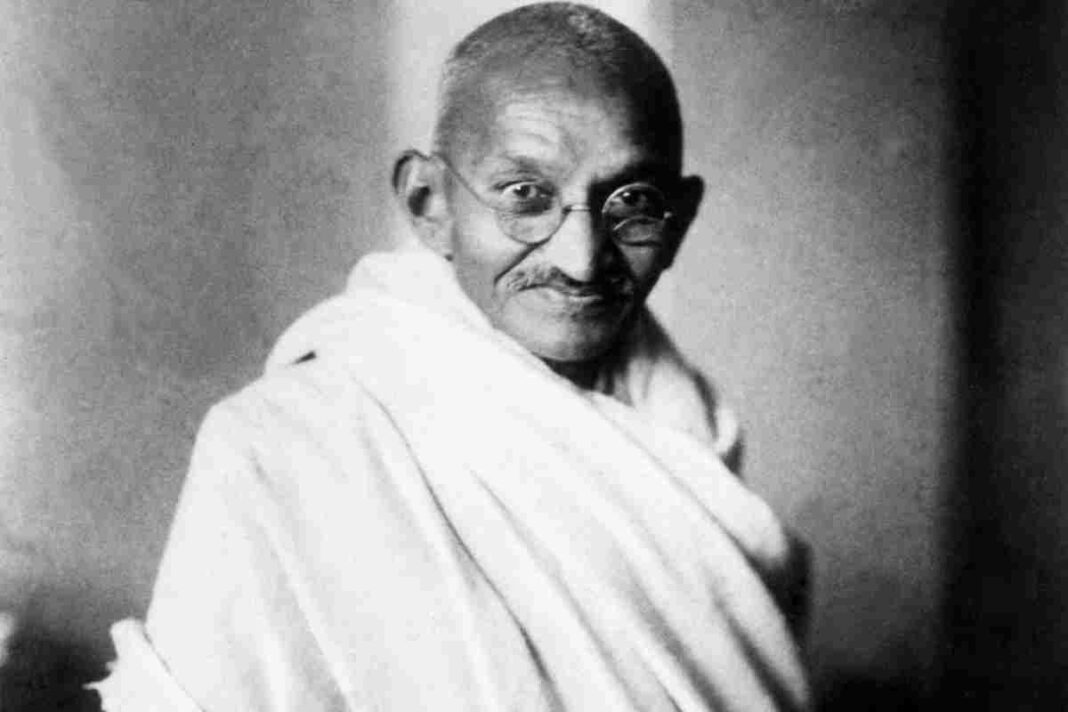This poignant historical account captures a significant moment in the life of Mahatma Gandhi, the iconic leader of India’s struggle for independence. In 1924, while serving a prison sentence in Pune, Gandhi faced a medical emergency that required an appendectomy.
The operation was conducted by Colonel Dr. Maddock, a British surgeon, during a thunderstorm that caused a power outage, forcing the surgeons to complete the procedure by the light of a hurricane lamp.
Despite being incarcerated, Gandhi’s health and well-being were a matter of great concern to the Indian public. People across the country prayed fervently for his recovery. The day of January 18th was declared “Gandhi Day,” marked by collective prayers for his swift recovery. This event united individuals from various political backgrounds in their desire to secure Gandhi’s release.
The government feared public sentiment and the possibility of Gandhi not being sent back to prison post-recovery. The intensity of public support was evident through gatherings, meetings, and campaigns advocating for his unconditional release.
People of various faiths, Hindus, Muslims, and Parsis, united in support for Gandhi, displaying solidarity through prayers and symbolic gestures.
This historical episode illustrates the deep reverence and admiration that Mahatma Gandhi commanded among the people of India, transcending political affiliations and religious differences.
It also underscores the power of unity and collective action in times of adversity, as the nation rallied behind their beloved leader during his medical crisis. Gandhi’s resilience and the unwavering support of the Indian public played a significant role in shaping the course of India’s struggle for independence.
For a detailed story, please visit: Awaz the voice
Also Read: India’s Global Leadership: G-20 and Development
You can connect with DNN24 on Facebook, Twitter, and Instagram and subscribe to our YouTube channel.



